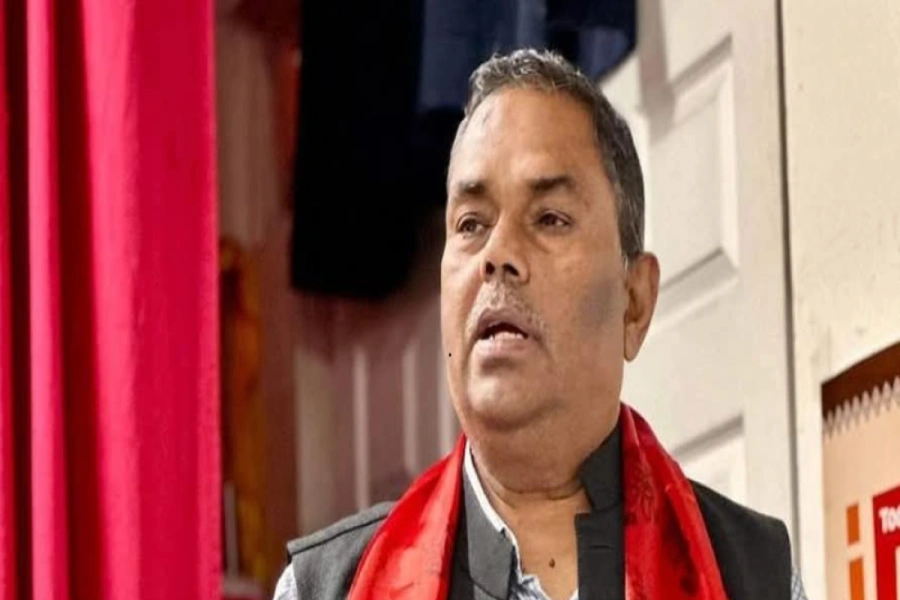Dairy farmers across the country are currently going through serious financial hardships as they are reportedly yet to receive payment of about Rs 4 billion from private dairy operators. This comes at a time when private sector dairy operators are threatening to go on a 'milk holiday' due to sustained losses as a result of overstocking. Milk-producing farmers and dairy operators are an integral part of the dairy business. They are not competitors but complementary to each other. However, most of the time there is a conflict between these two groups, and it is the consumers who are always forced to bear the brunt of their conflict. This situation underscores the need for proactive initiatives on the part of the government to address the plights of both dairy farmers and dairy operators. This alarming development calls for immediate government intervention to safeguard the interests of all stakeholders and maintain the equilibrium of our dairy industry. The farmers, already burdened by unpaid dues, see this move as a ploy by businessmen to offload the financial strain of unsold products onto them. Such a predicament could deter farmers from raising cattle, leading to a significant decline in milk production in the country in future.
Dairy farmers to get Rs 4.14 per liter from DDC’s hiked price

The warning from private dairy operators about a potential 'milk holiday' if the government fails to implement concrete policies is a desperate call for attention. While overstocking of milk products is a genuine concern for businessmen, resolving this issue should not come at the expense of farmers. The government must step in to mediate this conflict, ensuring that both farmers and businessmen can continue their operations without undermining each other. A crucial point of contention is the perceived discrimination against the private sector. Private dairy operators argue that while government dairies receive substantial subsidies and loans, they are left to fend for themselves. This disparity is unjust, especially in a liberal economic system where all players should have equal opportunities. Private sector dairies have invested heavily in the industry, and most businessmen do not wish to cheat farmers; rather, they seek a fair and sustainable business environment.
The government's role in this crisis cannot be overstated. It must ensure that the outstanding payments to farmers are settled promptly. By doing so, the government would not only relieve the financial pressure on farmers but also restore their confidence in the dairy industry as a whole. Additionally, the government should facilitate discussions between dairy farmers and dairy operators to develop mutually beneficial solutions that address the issue of overstocking without resorting to drastic measures like a 'milk holiday.' Neglecting the needs of farmers could have dire consequences. If farmers are forced to abandon cattle rearing due to sustained losses, the country would have to rely on imported dairy products, which would be a significant setback for our goal of agricultural self-sufficiency. Therefore, it is imperative that the government takes swift action to prevent a 'milk holiday,' support the dairy sector, and ensure a stable supply of milk for consumers. As a newspaper, we urge the government to act decisively to mediate the conflict between dairy farmers and businessmen, facilitate the settlement of the outstanding dues to farmers, and develop fair policies that support both sectors. This will eventually protect the livelihoods of farmers, ensure the sustainability of the dairy industry, and uphold the interests of consumers.



































